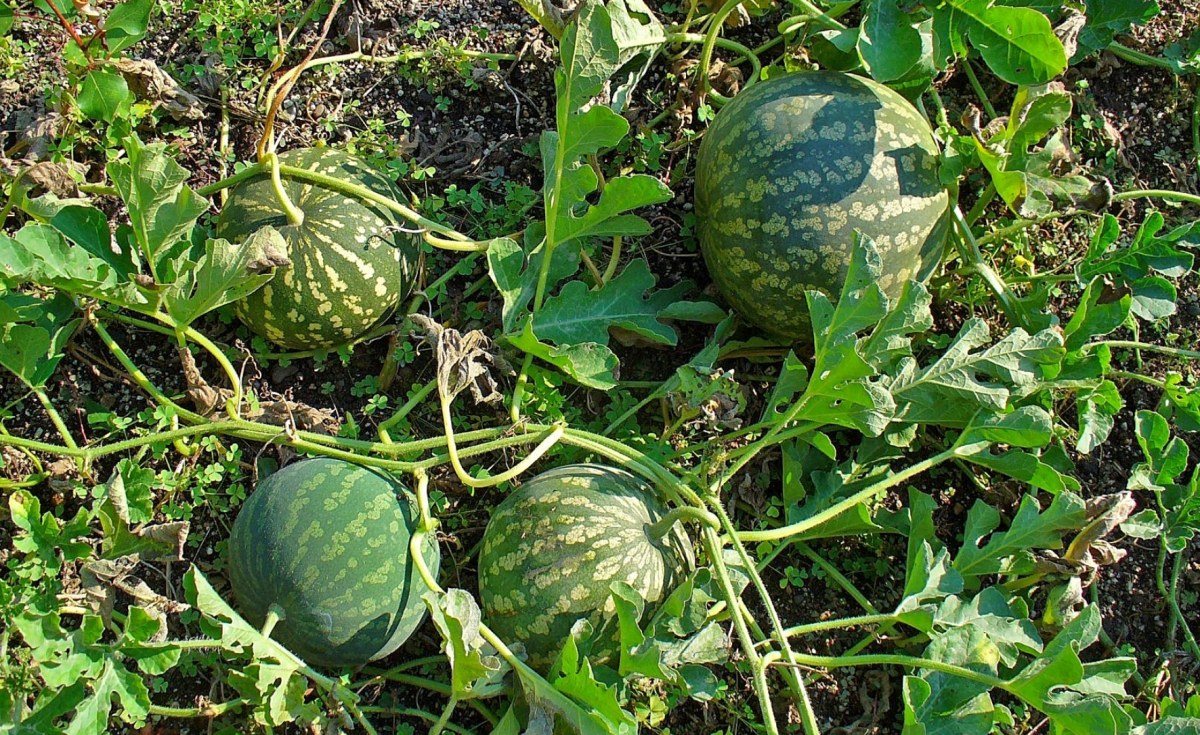The melon crop, locally known as Egusi, is emerging as one of the most profitable agricultural ventures in Nigeria today.
The country’s production level is estimated at 573,000 metric tonnes per year. Yet this pales in comparison with its domestic demand of above 1,000,000 metric tonnes.
Going by the current production capacity, the worth of the entire production per year is approximately ₦744 billion, seeing that the current selling price per tonne is at ₦1.3 million.
A rising star
Several factors explain melon’s growing appeal. As the prices of staple crops such as rice and maize fluctuate due to import waivers and seasonal supply gluts, melon is standing out as a more sustainable and lucrative crop.
Unlike other grains, melon cultivation requires less capital investment and has a relatively short harvest cycle of three to four months.
Culturally, it is indispensable—it is the star ingredient in egusi soup, one of Nigeria’s most beloved delicacies enjoyed at home and abroad.
Melon’s biology
Although melons are not naturally resistant to insects and diseases, some varieties exhibit harder pericarps that make it challenging for pests like the larvae of the fruit fly to penetrate inside the crop.
Similarly, when attacked, some species possess biochemical defence mechanisms against infestation. These traits reduces the risks of loss
However, the industry is mostly informal and undeveloped. Roughly 98% of Nigeria’s melons are harvested and processed manually with limited mechanisation or modern storage systems.
This reliance on manual labour contributes to post-harvest losses, poor quality control and inefficiency in meeting growing demand.
Storage challenges
Storage is one of the most profitable yet difficult aspects of melon farming. Experts advise farmers to buy during peak harvest—between September and December, when prices drop—and sell during high-demand periods like festive seasons.
However, poor handling and inadequate ventilation often lead to spoilage and reduced profits. Proper storage facilities could transform the sector’s profitability
Across Nigeria, several states have piloted initiatives to improve melon production There is support from agricultural cooperatives in Benue and Nasarawa states, which assists farmers in organising themselves to acquire storage facilities and superior markets.
In Nasarawa, the Agribusiness Development Project offers input loans and training in new harvest approaches. Also, the Niger State Government has introduced an agricultural mechanisation programme, which involves the adoption of small-scale threshers and dryers to cut down on post-harvest waste in melon, along with other produce.
Private firms like ThriveAgric and FarmCrowdy are also stepping in—offering farmers funding, capacity building, and market access.
Agro-processing companies such as Ecoplatinum International Ltd are exploring melon exports to meet growing demand among Nigerians in the diaspora and across West Africa.
In cities like Lagos, small-scale food processors are now packaging peeled melon seeds for retail, targeting low-income earners who prefer convenience.
Institutions such as the National Agricultural Seeds Council (NASC) are investing in high-yield seed varieties and innovative storage techniques to boost productivity and efficiency.
Experts believe that with the right investments in mechanisation, value addition and marketing, melon farming could rival Nigeria’s major commercial crops.
With a relatively low startup capital requirement—ranging between ₦1 million and ₦5 million—it is increasingly attracting young agripreneurs eager to tap into the nation’s growing agribusiness sector.
From the fertile farmlands of Benue and Nasarawa to the bustling kitchens of Lagos, melon is proving that Nigeria’s greatest wealth may indeed lie in its soil. With strategic investment and innovation, egusi could soon become Nigeria’s next agricultural success story.
Summary not available at this time.






